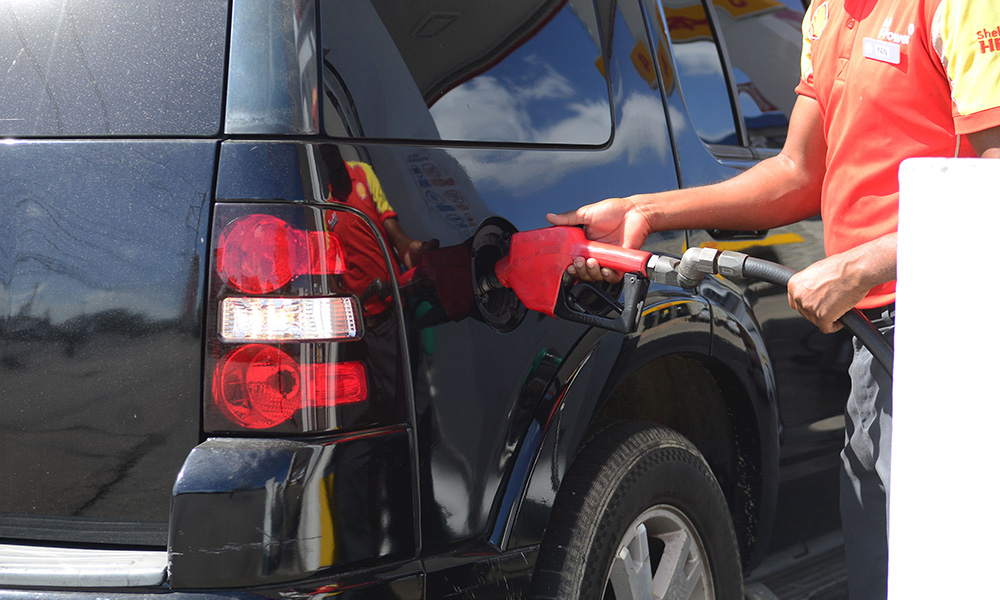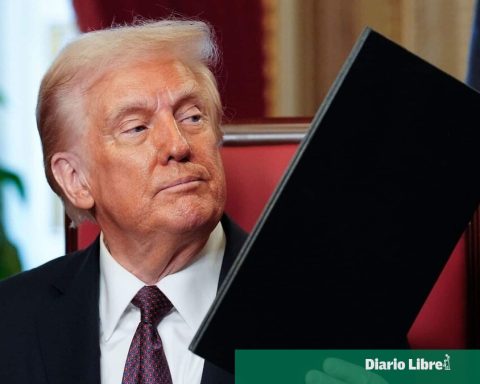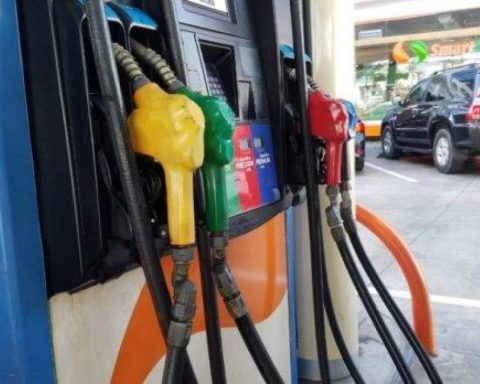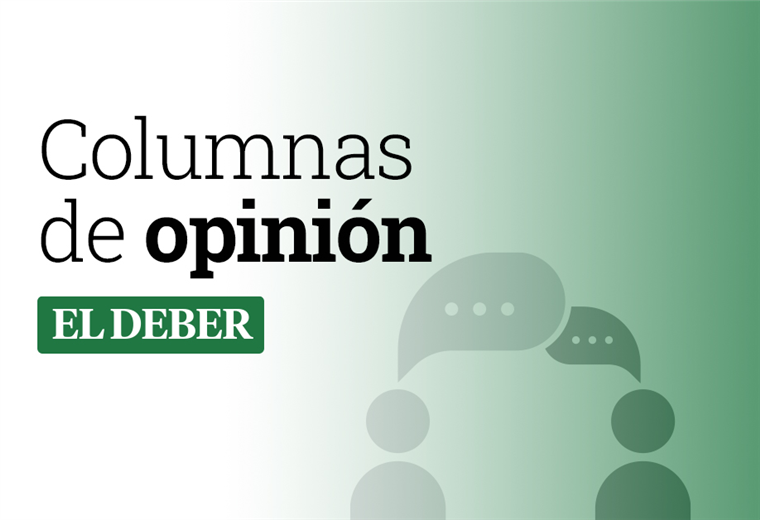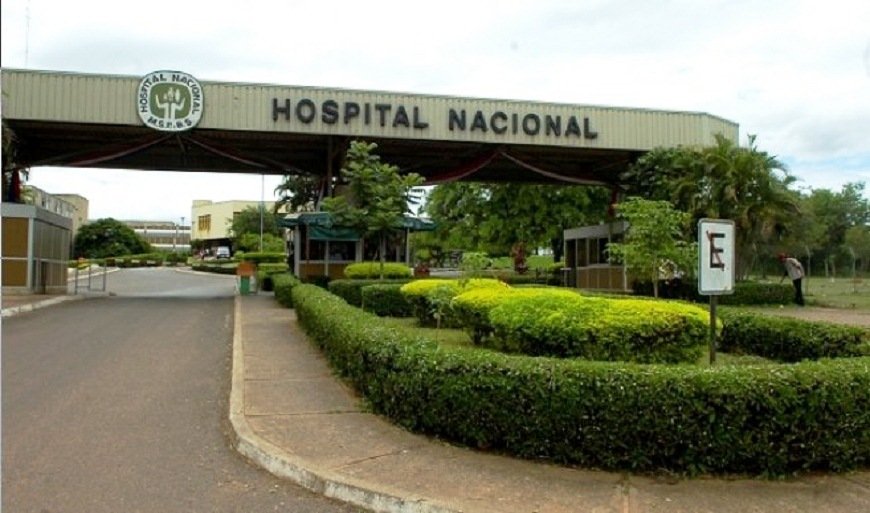The extension without budgetary provision of the subsidy that the Government grants to the price of the different fuels, in its anti-inflationary policy, will be the main cause for the presentation of a complementary budget in the second half of the year.
With an average of RD$407.3 million per week in the first 11 weeks of the year, the Government has assumed an expense that is not contemplated in the General State Budget (PGE) 2023. From January to date, the subsidy to prevent increases in prices petroleum derivatives amounts to RD$4,480.9 million, for a weekly average of RD$407.3 million. The weekly amount has fluctuated between 200 and 600 million pesos, and that of the week ending was RD$304.3 million.
There are 54 weeks of subsidy
The subsidy for petroleum derivatives, which has already been in place for 54 weeks, has made it possible to maintain the prices of the main fuels without increases since March 4, 2022. Since then, the sacrifice of the Government accumulates RD$36,027.6 million, with a weekly average of RD $667.17 million.
The hydrocarbon price subsidy granted by the Government has been one of the pillars of the anti-inflationary program implemented since the first quarter of last year. According to calculations by the Ministry of Industry, the fuel subsidy avoided around 1.9 percentage points at the inflation level of last year, which implies that if this program had not been implemented, it would have been around 10%. At the end of December, year-on-year inflation was 7.83%, 181 percentage points below the 9.64% of the year 2021. Both in 2022 and in the current 2023, fuel subsidies were not provided for in the Budget. Last year in the complementary budget that was presented at the end of July, some RD$40,000 million was consigned in the general increase in expenses, just for fuels. In PGE 2023, which already has an execution that is approaching the first quarter, there are no provisions to subsidize fuels either, so it is understood that if weekly subsidies are maintained, in the second semester that subsidy is one of the causes of the upward adjustment of the PGE 2023
The extension to the current year of the fuel subsidy program without the corresponding provision or allocation of spending seems to be one of the causes that explains a more accelerated rhythm of the financial deficit registered by the Budget in the execution from January 1 to December 3. current March, which already represented half of what was projected for the entire year. In the concept “current account result” there was in the first two months and three days of execution of 2023 a negative balance of RD$32,061.1 million, compared to an estimate for the full year of RD$64,195.4 million.
The 2023 budget only subsidizes bonogás hogar
Meanwhile, in the budget under execution, in the line “transfers to the public sector”, which is where fuel subsidies are recorded, only the one registered under the concept of household bonogas appears in terms of LPG. The current budget contemplates transfers to the public sector, of which 54.0%, some RD$138,219.6 million, correspond to transfers granted to the EDEs and the Central Directorate of the National Health Service
